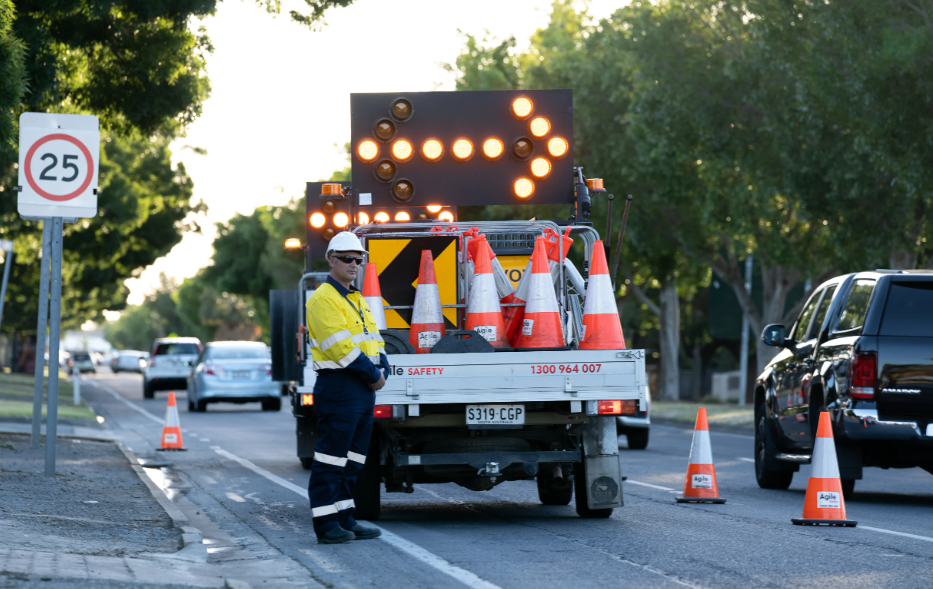In today’s fast-paced world, management has become an essential aspect of urban planning. With the increasing number of vehicles on the road, cities around the globe are grappling with the challenges of congestion and safety. Effective traffic management services can play a crucial role in addressing these issues, leading to smoother, safer journeys for all.
Understanding the Role of Traffic Management
Management is a comprehensive approach that involves planning, coordinating, and directing the movement of vehicles and pedestrians on roads to ensure safety and efficiency. It encompasses a wide range of activities, including designing road networks, implementing traffic control measures, and creating transport policies.
The primary goal of management is to reduce congestion, improve road safety, and enhance the overall efficiency of the transport system. With the help of advanced technology and strategic planning, management services are revolutionising the way we travel in urban areas.
A Solution to Urban Congestion
Management services employ a variety of strategies to tackle the issue of congestion. These include intelligent traffic systems that use real-time data to monitor and control traffic flow, adaptive traffic signals that adjust their timing based on current conditions, and traffic modelling tools that predict future traffic patterns to aid in planning.
For instance, management services might use advanced sensors and cameras to monitor traffic volumes and speeds. This data can then be analysed to identify bottlenecks and implement solutions, such as adjusting signal timings or redirecting traffic during peak hours.
Improving Road Safety Through Management
Another crucial aspect of management is improving road safety. Management services work to create safer environments for both motorists and pedestrians. This can involve implementing speed limits, designing safer intersections, and promoting safe driving behaviours through education and enforcement.
By analysing accident data, management services can identify high-risk areas and take targeted actions to improve safety. For example, if a particular intersection has a high number of accidents, measures such as installing additional signage, improving lighting, or redesigning the intersection layout might be taken.
The Future of Traffic Management
As urban areas continue to grow and evolve, the demand for effective management services will only increase. With advancements in technology, such as artificial intelligence and machine learning, the future of management looks promising.
Innovative solutions like autonomous vehicles, smart traffic signals, and advanced traffic modelling tools are set to transform the way we manage traffic. By leveraging these technologies, management services can create more efficient, safer, and sustainable transport systems.
Conclusion:
Management is a vital aspect of urban planning that directly impacts our daily lives. Through strategic planning and implementation of innovative solutions, traffic management services can significantly reduce congestion and improve road safety. As we look forward to a future of smarter cities, the importance of effective management cannot be overstated.
